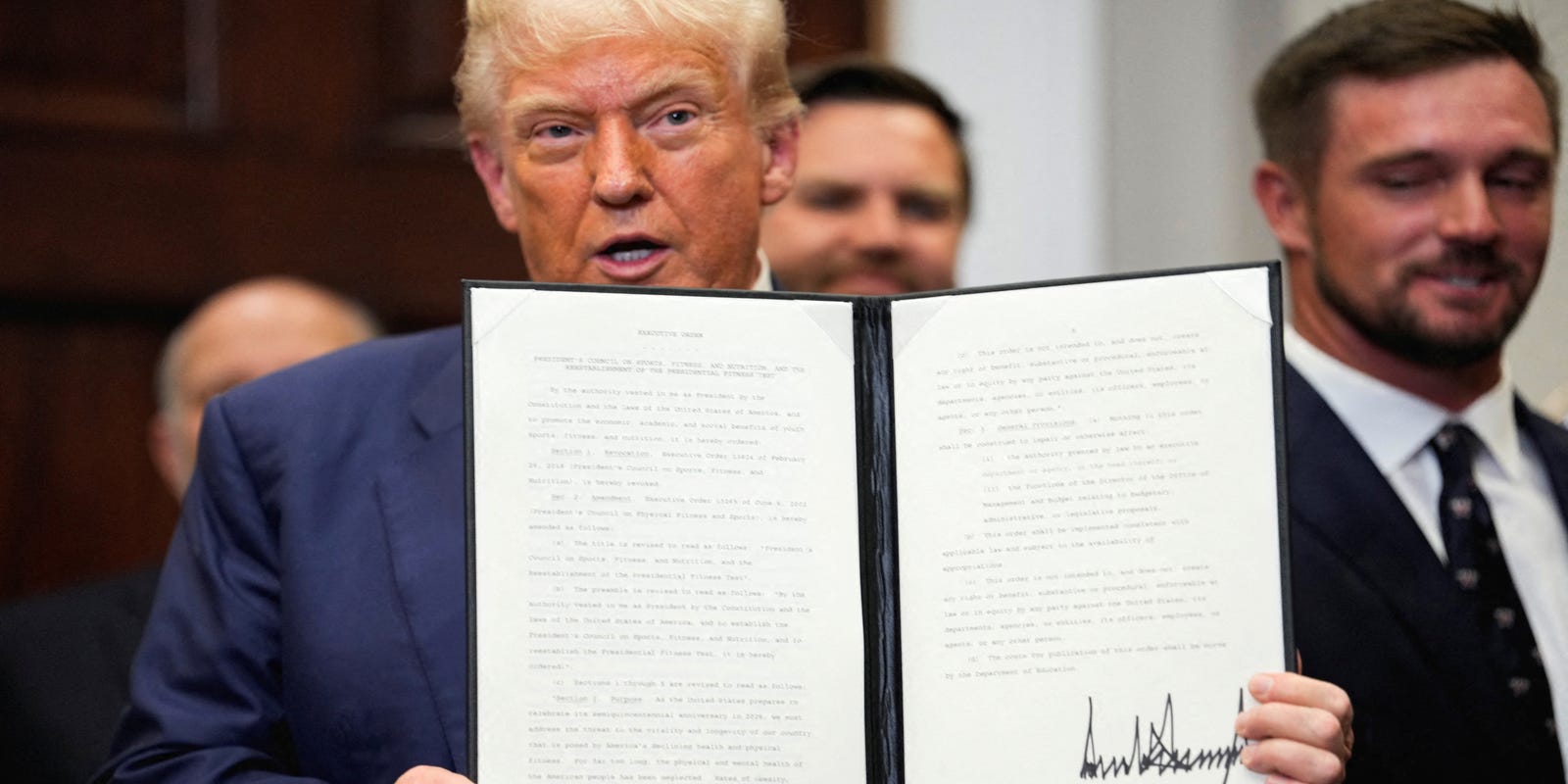The Shifting Sands of Public Opinion: Trump’s Approval Ratings Under Scrutiny
The political landscape is ever-changing, and public opinion can be as fickle as the weather. Recent polls indicate a significant downturn in President Donald Trump’s approval ratings, painting a picture of eroding support across various demographics. The University of Massachusetts Amherst survey, conducted in late July, reveals a notable drop in the president’s approval, reaching levels that are raising eyebrows among political analysts and observers alike. This decline signifies a potential shift in the political climate, with implications for the remainder of his term and the future of the Republican party.
Where does this decline originate? The survey, conducted in partnership with YouGov, interviewed a national sample of 1,000 respondents. The results are particularly striking when considering the historical context. As Tatishe Nteta, the UMass Amherst poll’s director, noted, Trump’s approval ratings are already historically low for a newly elected president. The latest figures reveal that nearly six in ten Americans disapprove of the job Trump is doing in office, which can make it difficult for him to continue with his agenda. This level of disapproval is a significant concern for any leader, especially as the nation approaches another election cycle. The data reveals a complex picture, suggesting that Trump’s policies and actions are meeting resistance from a broader segment of the population.
The Erosion of Support: Examining the Demographics
The UMass Amherst poll highlights an erosion of support, particularly among key demographics that were previously strong supporters of the president. Men, a group that had been a reliable source of support for Trump, are now expressing more reservations. The poll revealed that the president’s approval rating among men dropped significantly, signaling a potential shift in the political alignment of this demographic. What are the reasons for this decline? There is no simple answer, but it likely results from a combination of factors. The dissatisfaction is not confined to a single group, with women, independents, and various other segments of the population also expressing increased disapproval.
Why is it happening now? Several specific issues appear to be driving the decline in approval. The handling of immigration, tariffs, inflation, and the Epstein controversy have all become focal points of public concern. Trump’s approach to these matters is facing scrutiny, as the public grapples with the potential impacts of his policies. The dip in approval is not limited to a single issue, but rather, it is a multifaceted phenomenon reflecting broader concerns about his presidency. The survey results provide insight into the specific areas where the president’s performance is coming under fire.
A Closer Look at the Specific Issues Impacting Approval
The poll delves into specific issues, such as the handling of immigration, tariffs, inflation, and the Jeffrey Epstein controversy. Opinions on Trump’s approach to inflation and tariffs received some of the lowest ratings, underscoring the significance of these concerns among the populace. The public’s assessment of his stance on civil rights also generated considerable disapproval. Furthermore, the president’s handling of the Jeffrey Epstein case appears to be a major point of concern, with a significant percentage of respondents expressing dissatisfaction with his approach. These issues are not isolated; they are interconnected, and they shape the overall perception of the president’s performance.
How are these concerns affecting Trump’s standing? They are contributing to the overall erosion of his approval ratings. The Epstein controversy, in particular, has continued to weigh on Trump in recent polls, indicating its persistent impact on public opinion. The UMass Amherst poll shows that a vast majority of participants reported they were aware of the Epstein case. This is critical, as it indicates that the issue is firmly on the public’s radar. These specific issues are playing a significant role in the public’s assessment of Trump’s performance, impacting his overall approval ratings.
The Broader Implications and Future Outlook
The UMass Amherst poll results, when combined with data from other polling organizations, create a more comprehensive picture of Trump’s approval ratings. The survey’s findings mirror the trends observed in other national polls, which also reflect a decline in support for the president. This broader trend suggests that the issues, as well as how the public views Trump’s actions, is becoming more solidified in the minds of voters. This means that the president may encounter more difficulties in the future. What does the future hold? It is clear that the president faces significant challenges. If the current trends persist, Trump’s ability to implement his agenda, maintain his base of support, and prepare for future elections will be affected.
In conclusion, the recent polls tell a story of changing public opinion. President Trump’s approval ratings have been dropping, especially with men and political independents. The UMass Amherst poll provides a comprehensive look at these trends, highlighting specific concerns about immigration, tariffs, inflation, and the Epstein controversy. This shift in public opinion is significant and could lead to important shifts. This situation underscores the dynamic nature of politics and the importance of understanding the evolving landscape of public sentiment. As the political landscape evolves, it will be crucial to monitor these trends and understand their implications for the future.












